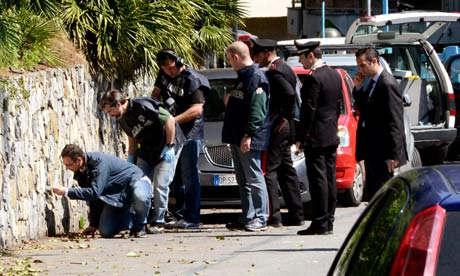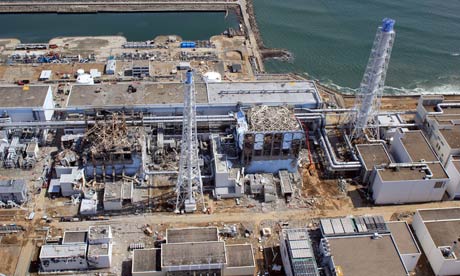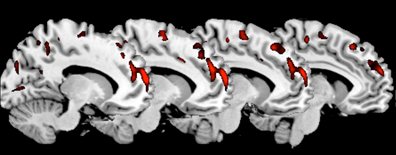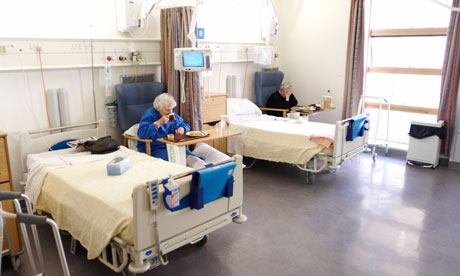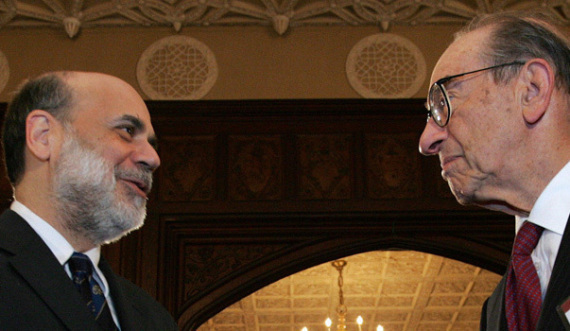Sane men and women don’t consent to kill, rob and rape, much less be killed, robbed and raped, least of all to enrich their masters, and that’s why their minds must be molested as early and as much as possible. Hence our nonstop media brainwashing us from the cradle, literally, to the grave. Fixated by flickering boxes, even infants are now mind-conditioned to become scatterbrained idiots before they stagger into kindergarten, to begin a lifelong process of becoming docile and slogan-shouting Democrats and Republicans.
Yes, savages killed, but, like apes and monkeys, our ancestors, they mostly tried to intimidate and trash talk their way out of conflicts. There wasn’t a lot of murdering after the haka, frankly. They didn’t wipe out entire cities by defecating exploding metal from the sky, nor sit in a brightly lit and spic-and-span office stroking a joy stick to ejaculate missiles half a planet away. Drone hell fire for y’all, with sides of bank-sponsored debt slavery and austerity, plus an unlimited refill of American pop bullshit. Would you like a public suicide with that? No, sir, these savages need to take webcast courses from us sophisticates when it comes to genocide, or ecocide, or any other kind of cides you can think of. When it comes to pure, unadulterated savagery, these quaint brutes ain’t got shit on us plugged-in netizens chillaxin’ in that shiny upside down condo on da capital-punishment-for the-entire-world, y’all, hill.
You’d think that a government with absolute power would not bother with expensive parades and elaborately-staged rallies in stadia, as are routine in North Korea, but such is the importance of propaganda and mind-control. America has gone way beyond Kim Jong-Un and his Nuremberg-styled pageantry, however, because the Yankee Magical Show is relentlessly pumped into our minds via television and the internet, at home, in office or even as we’re walking down the street, so that we’re always swarmed by sexy sale pitches, soft and hard porn, asinine righteousness and imbecilic trivia. All day long, we can stuff ourselves with unlimited kitsch. Today’s urgent topic, “Sylvester Stalone Spotted in 16th Century Painting.” Yesterday’s, “Tom Cruise’s Daughter Gets Inked.” Imagine a triple-amputee Iraq vet or an unemployed mother, sitting in an about to be foreclosed home with unpaid bills scattered across her kitchen table, staring at such headlines. At 48, I’m old enough to remember when it wasn’t this overwhelmingly stupid, though the dumbing down of America will only accelerate as this cornered and bankrupt country becomes ever more vicious to its citizens and foreigners alike.
Not content to kill and loot, America must do it to pulsating music; cool, orgasmic dancing; raunchy reality shows and violence-filled Hollywood blockbusters, and these are also meant for its victims, no less. In a 1997 article published by the US Army War College, Ralph Peters gushes about a “personally intrusive” and “lethal” cultural assault as a key tactic in the American quest for global supremacy. As information master, the American Empire will destroy its “information victims.” What’s more, “our victims volunteer” because they are unable to resist the seductiveness of American culture.
Defining democracy as “that deft liberal form of imperialism,” Peters reveals how the word is conceived and used these days by every American leader, whether talking about Libya, Syria, Iran or America itself. Recognizing that the lumpens of his country are also victims of empire, Peters frankly acknowledges that “laid-off blue-collar worker in America and the Taliban militiaman in Afghanistan are brothers in suffering.”
Much has been made of the internet as enabling democracy and protest, but whatever utility it may have for the disenfranchised and/or rebellious, the Web is most useful to our rulers. As Dmitry Orlov points out in a recent blog, the internet is a powerful surveillance tool for the state and, what’s more, it also keeps the masses distracted and pacified. Echoing Queen Victoria’s remark, “Give my people plenty of beer, good and cheap beer, and you will have no revolution among them,” Orlov observes that virtual sex thwarts rebellion. In sum, while the internet may empower some people, as in allowing John Michael Greer, Paul Craig Roberts or Orlov to publish their unflinching commentaries, the same internet also drowns them out with an unprecedented flood of drivel. Defending the empire, Ralph Peters cheerfully agrees, “The internet is to the techno-capable disaffected what the United Nations is to marginal states: it offers the illusion of empowerment and community.”
Though our only hope is to be expelled from this sick matrix, many of us will cling even more fiercely to these illusions of knowledge, love, sex and community as we blunder forward. A breathing and tactile life will become even more alien, I’m afraid. Here and there, a band of unplugged weirdos, to be hunted down and exterminated, with their demise shown on TV as warning and entertainment. Inhabiting a common waste land, we can each lounge in our private electronic ghetto. Until the juice finally runs out, that is.







